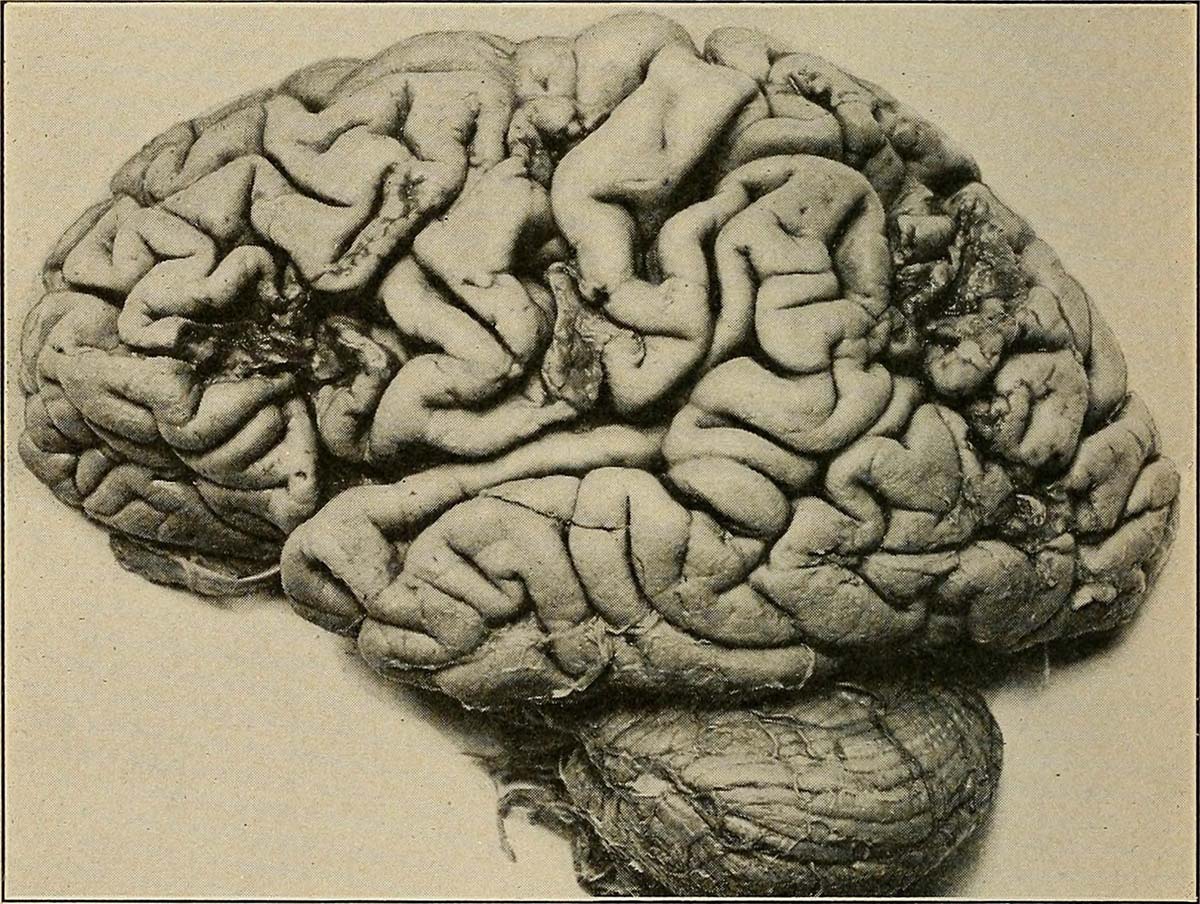
A bit of everything quite awkward
Whenit comes to the people who suffer from dependent personality disorder, those characteristics that describe them best include craving extensive attention, valuation, as well as social contact. Such people as the aforementioned are known to keep their problem more to themselves, and they do not present it publicly in a disorderly fashion. However, they are known to demand quite frequently a lot of attention, as well as draw attention to their complaints in a somewhat unordinary manner, no matter if they refer to something as trivial as their looks or to certain more important aspects of life such as social relationships, lack of meaning in their lives, health in general, education and alike. Another quite distinct feature of the individuals suffering from the condition in question is that they tend to be, all too often and all too eager, in agreement with treatment recommendations and advice given by a clinician, but this tendency soon turns into passiveness regardless of the nature and the type of the therapeutic approach. What this points out to is the fact that it is difficult to make any progress and favorable results since eagerness of the person suffering from this disorder to be ultimately treated is only surface-deep.
Important to keep in mind
Whatall physicians, as well as psychiatrists need to keep in mind at all times is that such persons have the tendency to be unrelenting in terms of coming up with substantial number of both Somatic, and physical complaints. Aside from prescribing proper and necessary medications, a clinician needs to keep good track of the intake of medications in order to make sure that the person under treatment does not abuse it. In case of complaints physical in nature, a clinician should not completely disregard them, but always keep a safe distance in the sense that no encouragement and incentive is given by him, since this could lead to undesired actions by the person being treated.
In addition, clinicians ought to keep the therapeutic relationship in control at all times, since if it goes out of control even slightly, this could mean burnout for the therapist in question since the person being treated tends to pick this up and becomes even more needy.
As far as the treatment is concerned, just like the case with all other personality disorders, psychotherapy is most frequently employed with the emphasis on solving those most specific life problems.

















Your thoughts on this
Loading...